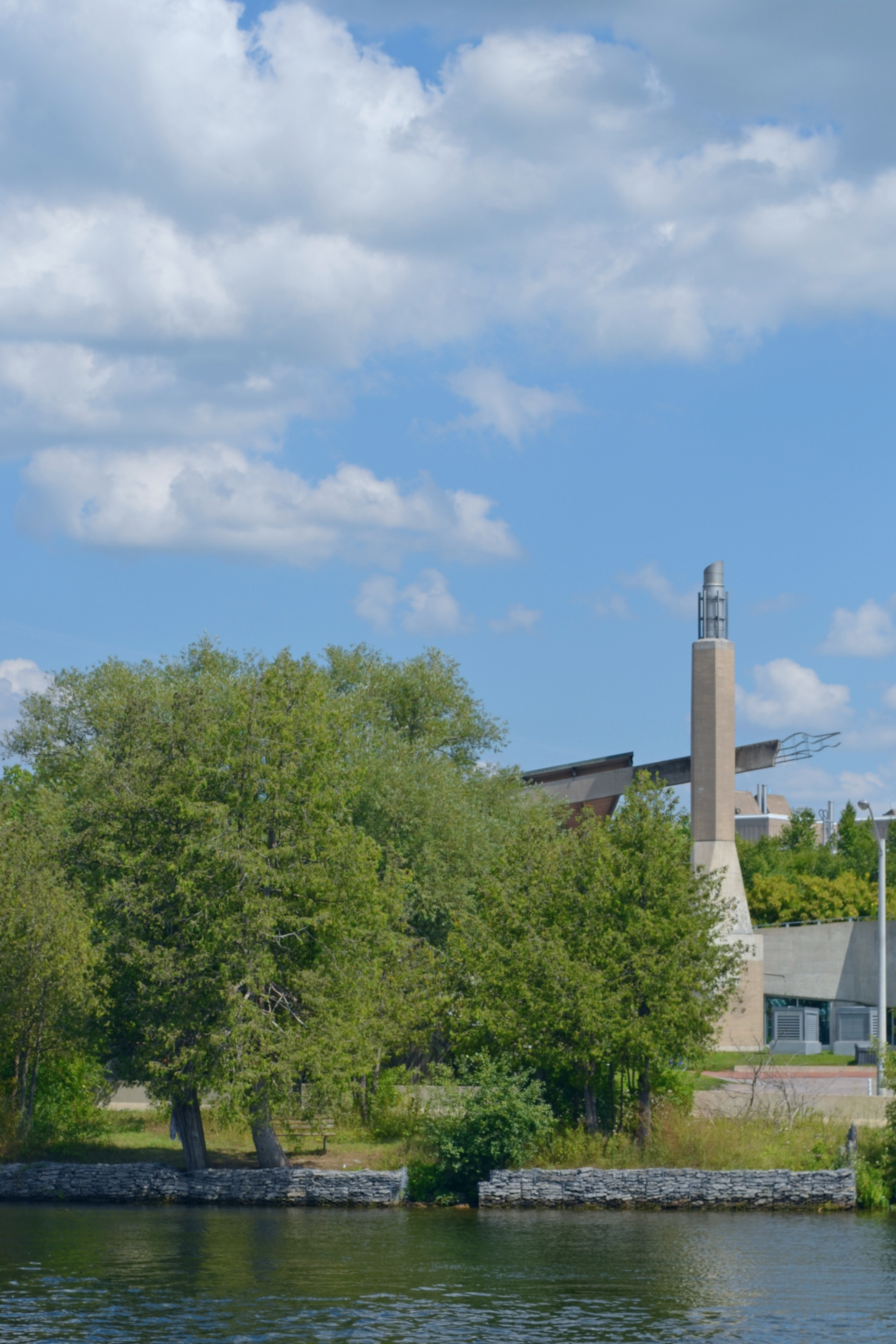
Dorothy Howard-Gill is a Lab Demonstrator and Technician here at Trent University, where she also completed her Master’s degree. The reasons she was attracted to Trent for her education also became some of the reasons that she stayed here for her career. When choosing the new city in which to continue her education, Howard-Gill, who had been living in Montreal, was attracted by the small size of Trent and its innovative environmental programs. However, she was somewhat distraught by the Peterborough fashion. In the end, the proximity to nature and waterways outweighed the abundance of flannel for Howard-Gill and she made the move.
Although she enjoyed living in Montreal, she wanted to do her Master’s at a university in the countryside to harmonize with her farming background. At the age of 18, Howard-Gill immigrated to Canada from Ireland where she grew up in a rural surrounding. She spent a couple of years in Canada working before deciding to pursue her undergraduate degree, and this time away from formal education made her “thankful each day she was there.”
The Beginning of an Era
After attending McGill University to complete her Undergraduate in biology, Howard-Gill looked towards a future in chemical analysis as she had taken an interest in chemistry.
“I did biology but I didn’t like killing things,” she recounts.
In a first-year biology class, Howard-Gill was asked to do a lab that involved killing a fly and she refused, choosing to write a paper instead. Throughout the rest of her Undergraduate, she took biology courses that did not involve death and multiple chemistry courses.
“If I did the same degree today it would have been called environmental chemistry,” she said. Programs like this didn’t exist at the time and, as she notes, some of the programs here at Trent such as Sustainable Agriculture and Indigenous Environmental Studies (IES) don’t exist at other universities. These innovative programs, whose small size keeps Howard-Gill reminiscent of her days as a graduate student at Trent, are key to the success of the university and the students.
After completing her Master’s degree, Howard-Gill worked for SGS Lakefield Research in the Environmental Chemistry department. During her employment there she was worked with analytical instruments such as ion chromatography, which she now teaches students to work with in Trent’s labs. At this place of employment, Howard-Gill met her husband and her roots began to grow into the Peterborough soil. She also managed the Lakefield Animal Shelter for 4 years, a testament to her dedication in animal rights.
Giving Back to Trent
When she began her education here, there were only thirty graduate students who did almost everything together. They were a tight-knit group of students with a similar mindset. She believes that, in some respects, Trent University still embodies this style of community, reflected in smaller programs like IES and Sustainable Agriculture.
Howard-Gill works in these programs at Trent, as well as working on a sustainable agriculture program that began this past summer that includes farm placements. These programs provide opportunities that intersect with some of Howard-Gill’s personal interests such as gardening, animal rights, and water resources.
Her fond memories of Trent University include renting the farmhouse that is now the Forensics building with her husband, and getting to live on Trent property.
As she recounts stories of her years here, a laughing and joking manner unique to Dorothy fills the room. Although she has a smile on her face, Dorothy’s advice for students at Trent now is “…and quote me on this, I would read the recommended and required readings.”
